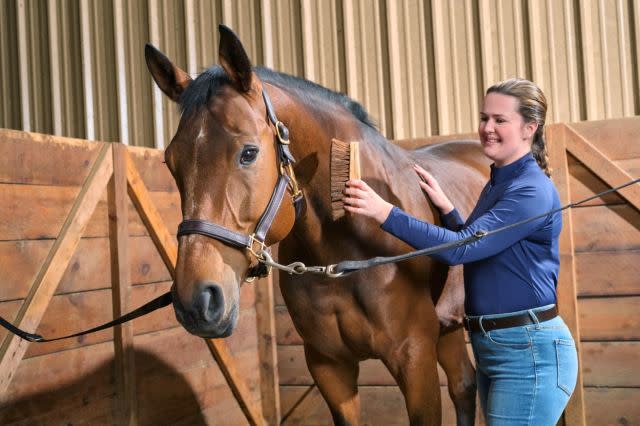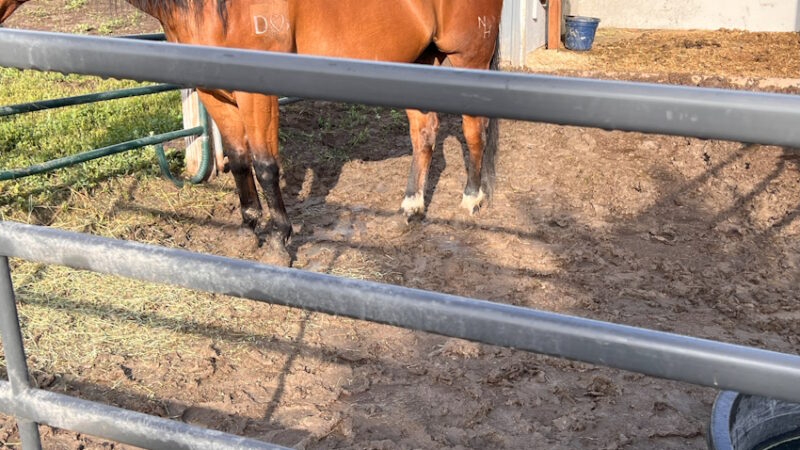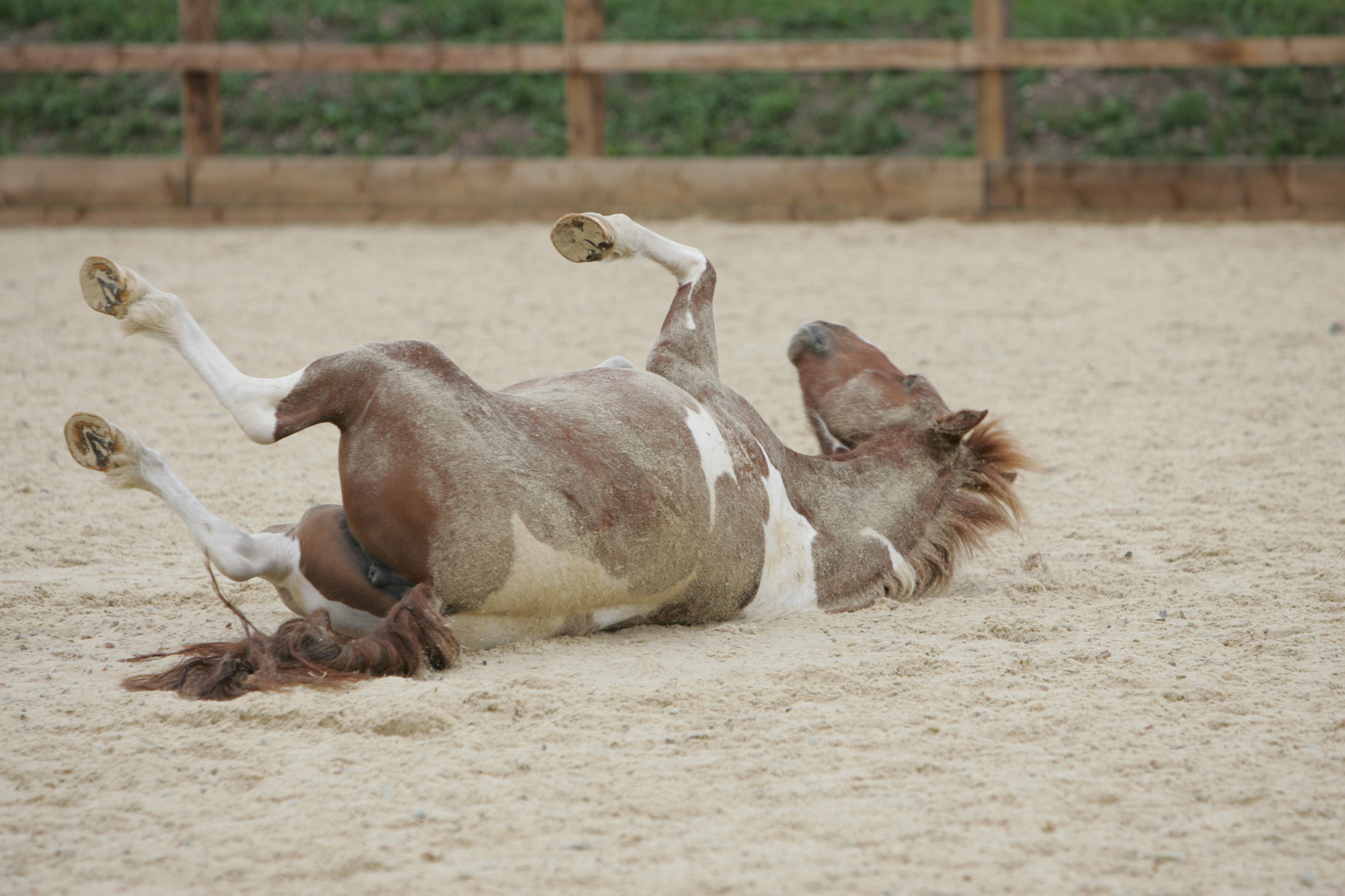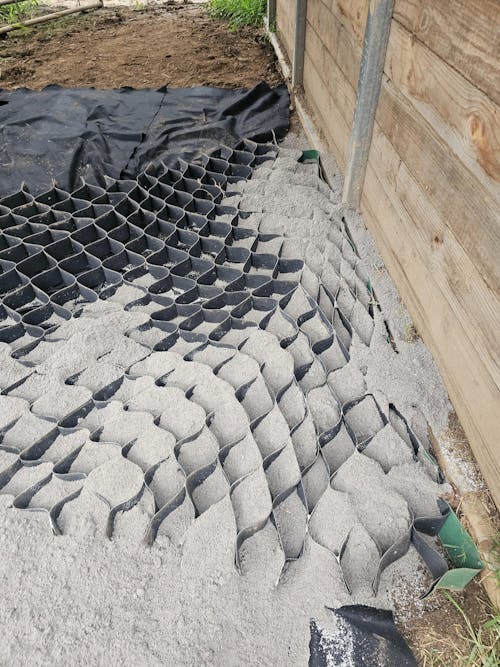Correcting Excessive Mud Rolling Behavior in Your Horse

Mud rolling is a natural and enjoyable behavior for horses, allowing them to scratch itches, cool down, and protect their skin from insects. However, when this behavior becomes excessive, it can lead to health issues such as skin infections, wounds, and even behavioral problems. This article explores the causes of excessive mud rolling, its risks, and effective strategies to manage and correct this behavior.
Understanding Mud Rolling in Horses

Mud rolling involves a horse lying down and rolling in mud or dirt. This instinctive action helps horses maintain skin health and comfort. However, excessive rolling may indicate underlying problems such as stress, boredom, or skin irritation.
Common Causes of Excessive Mud Rolling

| Cause | Description | Signs to Watch For |
|---|---|---|
| Skin Irritation | Parasites, allergies, or wounds can cause itching, prompting more rolling. | Frequent scratching, hair loss, sores |
| Boredom | Lack of mental stimulation or exercise may lead to repetitive behaviors. | Restlessness, repetitive movements |
| Stress or Anxiety | Changes in environment or social structure can increase stress levels. | Nervousness, pacing, sweating |
Risks Associated with Excessive Mud Rolling

- Skin Infections: Prolonged exposure to mud can cause bacterial or fungal infections.
- Wounds and Abrasions: Rolling on rough or rocky ground may lead to cuts.
- Behavioral Issues: Excessive rolling can be a sign of deeper behavioral or health problems.
Strategies to Correct Excessive Mud Rolling
1. Improve Environmental Conditions
- Provide clean, dry areas for rest.
- Ensure adequate shelter from rain and mud.
2. Address Skin Health
- Regular grooming to check for parasites or irritations.
- Use veterinary-recommended treatments for skin conditions.
3. Increase Mental and Physical Stimulation
- Incorporate regular exercise routines.
- Use toys or companions to reduce boredom.
4. Manage Stress
- Maintain consistent routines.
- Minimize sudden changes in environment or social groups.
Frequently Asked Questions (FAQ)
Q1: Is mud rolling always harmful?
A1: No, occasional mud rolling is normal and beneficial for horses.
Q2: How can I tell if my horse’s rolling is excessive?
A2: If rolling leads to injuries, skin problems, or happens very frequently, it may be excessive.
Q3: When should I consult a veterinarian?
A3: If you notice wounds, persistent skin issues, or behavioral changes, seek veterinary advice.
Summary Table: Causes and Solutions
| Cause | Solution |
|---|---|
| Skin Irritation | Grooming, veterinary treatment |
| Boredom | Exercise, toys, social interaction |
| Stress or Anxiety | Stable routines, environmental management |
By understanding and addressing the root causes of excessive mud rolling, horse owners can ensure their animals remain healthy, comfortable, and happy. Regular observation and proactive care are key to managing this behavior effectively.
